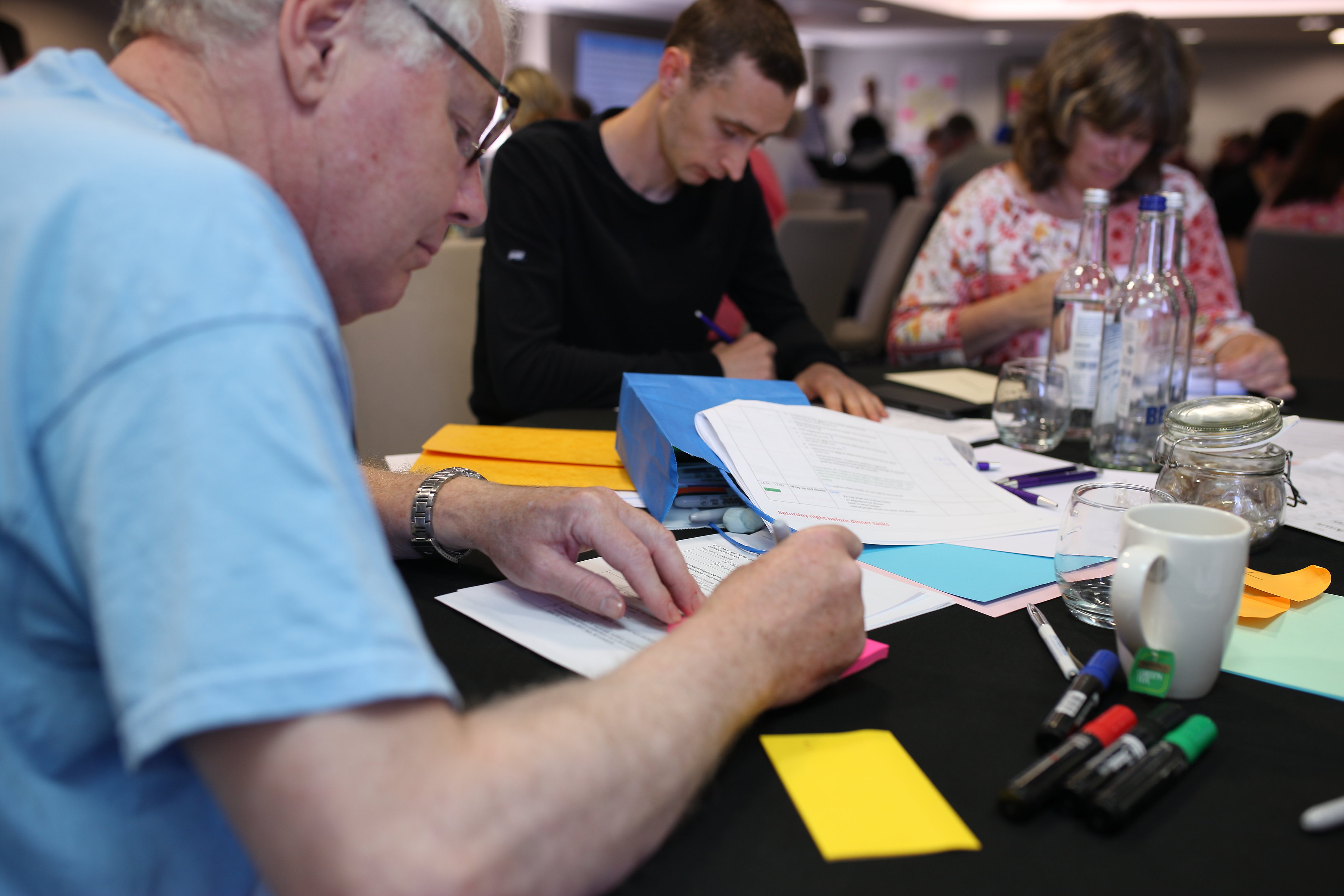As we prepare for the first Citizens’ Assembly for Northern Ireland, we have invited key stakeholders and our own Advisory Group members to reflect on the significance of deliberative democracy in Northern Ireland. In this guest post, Jess Blair, Electoral Reform Society Wales & Citizens’ Assembly Advisory Group member, discusses the power of citizens’ assemblies as a way for people’s voices to be heard.

Jess Blair is Director of the Electoral Reform Society in Wales and a member of the Citizens’ Assembly Advisory Group
For most people the extent of their involvement in politics begins and ends at the ballot box. In the intervening four or five years we expect our politicians to represent us and our local communities without our say on any of the decisions that directly affect our lives. This is the traditional way politics in this country works; a one way process, where people largely feel excluded from policy.
Against a backdrop of the Stormont deadlock and Brexit, traditional politics is fundamentally not working for the people of Northern Ireland, or frankly for those in other countries across the UK.
That’s why we need to look at new models of decision making, a way that people’s voices can be heard, where politicians have failed.
Citizens’ Assemblies have been proven to be a new way of doing democracy. We’ve seen this across the border in the Republic of Ireland where a raft of topics have been discussed by a balanced and impartial group of 100 people from all over the country. Most notably, their work led to a referendum on the rights of women to seek abortions, in which the majority of voters agreed with the recommendations of the Citizens’ Assembly.
This isn’t the only example of such a process. Earlier this year the Housing, Communities and Local Government Committee and the Health and Social Care Committee at the UK Parliament commissioned an Assembly looking at funding for adult social care. The recommendations of the Assembly were fully endorsed by both Committees.
These cases show how looking at difficult decisions in a different way can lead to a break in political deadlock in difficult policy areas. While politicians are constantly concerned about how a decision they take might go down with their constituents and party, how it might effect their career, or how the media might portray it, a group of randomly selected but representative people from across the country can look at balanced and impartial evidence through a totally different lens.

“…a group of randomly selected but representative people from across the country can look at balanced and impartial evidence through a totally different lens.”
That’s why this is so important for Northern Ireland. The opportunity for people who aren’t politicians to have their say on crucial issues that will affect all of our lives, when we quite literally have no functioning political system matters immensely.
The Citizens Assembly for Northern Ireland will take place this autumn and examine the future of social care. Social care is one of those issues that will affect everyone at some point in their lives. Whether you need that care now or in the future, someone you know will be being supported by the social care sector. That’s why it’s crucial to address some of the challenges it’s facing; a squeeze on funding, an increased demand and the guarantee that this will only worsen with an ageing population. What’s more, this Assembly will allow us to develop a mature debate about our services, when, for politicians, that’s just too difficult.
An Assembly like this fundamentally changes the way democracy works. Far from politics being a one way process where our involvement ends with marking an X in a box, this process puts our views at the centre of politics. In a country where traditional politics is at breaking point, bringing people into political decisions offers a chance to start afresh.

Recent Comments